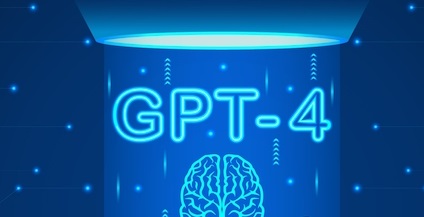London, July 18(IANS) A team of researchers from China and the Netherlands has successfully developed an innovative solution using GPT-4 to automate data for building energy management.
GPT-4, OpenAI’s generative large language model, has previously demonstrated remarkable human-level performance in various real-world scenarios such as coding, writing, and image generation.
However, its ability to analyse building operational data using data mining tools at a comparable human-level performance remains uncertain.
The building sector is a significant contributor to global energy consumption, accounting for approximately 33 per cent of the world’s final energy usage.
While data mining technologies can save approximately 15-30 per cent of the energy consumed in buildings, their practical application has been limited due to its labour-intensive nature, resulting in a scarcity of real-world use cases.
The team from Eindhoven University of Technology in the Netherlands and Zhejiang University in China, successfully showcased GPT-4’s capability to generate codes that forecast building energy loads, even when provided with limited user information.
Furthermore, GPT-4 exhibited the ability to identify device faults and detect abnormal patterns in system operations by analysing building operational data.
When applied in real-world buildings, the codes generated by GPT-4 demonstrate a high level of accuracy in energy load prediction.
In addition, GPT-4 offers reliable and precise explanations for fault diagnosis and anomaly detection outcomes, the study showed.
“By automating coding and data analysis tasks, GPT-4 effectively liberates humans from tedious work, resulting in a more accessible and cost-effective approach to data-guided building energy management,” said Chaobo Zhang, a post-doctoral researcher at Eindhoven’s Department of the Built Environment.
The study, published in the KeAi journal Energy and Built Environment, represents a breakthrough in the domain of building energy management.
Automated data mining solutions are still rare for building energy management until now.
“Our study indicates that GPT-4 is a promising solution to enabling computers to implement customised data mining solutions for building energy management with limited assistance from humans,” said Yang Zhao, a professor at Zhejiang University, and senior author of the study.
“We hope more scientists can explore the potential of GPT-4 in this domain, so that the building energy management will be smarter and more efficient in the future.”

